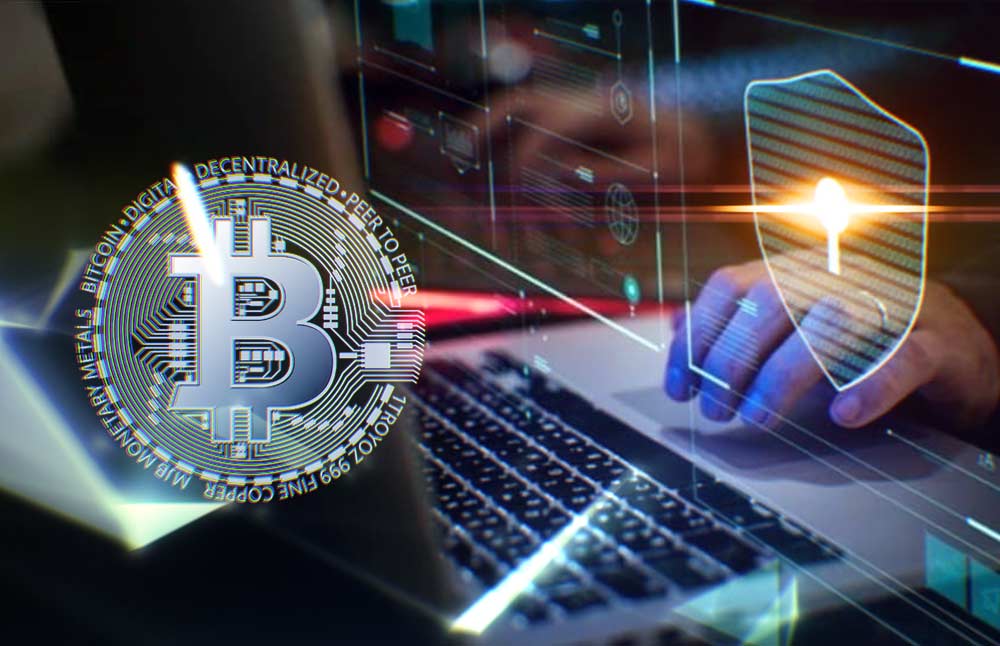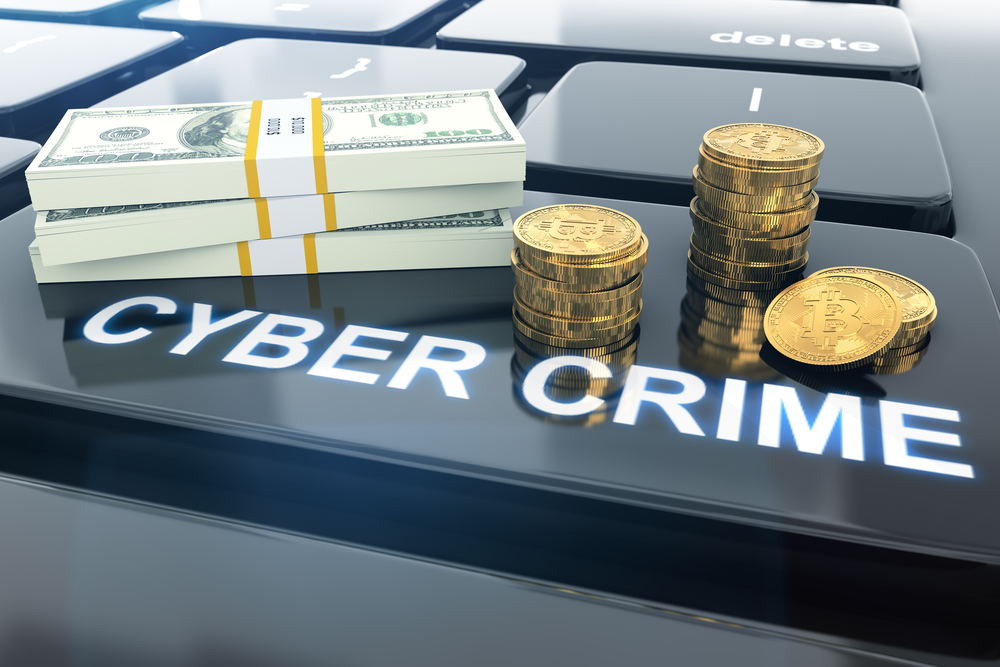How to Protect Yourself from Cryptocurrency Scams and Recover Lost Funds
Understanding Cryptocurrency Investment Scams
One of the biggest risks cryptocurrency investors face is falling victim to investment scams. crypto investment fraud can take many forms, from fake exchange platforms and ICOs to recovery scammers who promise to help retrieve lost funds for a fee. It’s important to educate yourself on common scam tactics like promising unrealistic returns, pressure tactics to invest quickly without vetting, and using fake celebrity endorsements or fake company partnerships to build trust. Be wary of any opportunity that sounds too good to be true. Always thoroughly research any platform, project, or individual asking you to invest before handing over any funds.

Protecting Your Cryptocurrency Wallets and Accounts
Another major way cryptocurrency can be stolen is through hacking or phishing attacks targeting individual wallets and exchange accounts. Using strong and unique passwords is a must, as is enabling two-factor authentication wherever possible. Be extremely careful about downloading any suspicious apps or files and think twice before clicking links in unsolicited emails or messages. Hackers may also try to access your accounts through malware, keylogging software installed on your device, or sim-swapping attacks targeting your phone number. Staying vigilant about basic internet security practices like keeping devices updated can help prevent digital theft of your crypto holdings.
Recognizing Recovery Scams and Pursuing Legitimate Options
If you have unfortunately already lost funds to a scam or hack, it’s important to be cautious about so-called “recovery services” promising to retrieve your stolen crypto. Many of these turn out to be scams themselves, looking to scam victims for a second time. Always thoroughly research any company and only consider those with a proven track record and positive reviews from past clients. Legitimate services will never guarantee success or profit and typically only work on a contingency basis wherein they only get paid from recovered funds. You should also file police reports for documentation and consider pursuing legal remedies through consumer protection agencies if applicable.
Documenting the Crime and Gathering Evidence
Building a strong case will improve your chances of legitimate recovery or taking possible legal action. Thoroughly document details of the incident like transaction hashes, wallet addresses, exact times/dates, and screenshots of any communications. Gather as much evidence as possible like crypto addresses the funds were sent to, the methods used, any identifying info of perpetrators, and records of your due diligence research before the incident. Cooperate fully with any investigations and submit all documentation you have if pursuing the case through consumer bureaus, law enforcement, or an experienced recovery service working on your behalf. A solid evidence trail will be critical to recovery success.
Consulting Experienced Crypto Legal or Fraud Experts
For comprehensive guidance, seek a consultation with a lawyer or expert well-versed in cryptocurrency law and investigations into digital asset theft. They can assess the specifics of your situation and advise on the viability and process of different potential avenues to explore, from working with certified recovery agencies to pursuing civil litigation. Reputable professionals in this niche field understand the technical and legal complexities involved. Their expertise can help streamline the documentation process, identify viable leads from your evidence, and maximize chances of positive outcomes through leveraging industry relationships and experience handling similar past cases.
Considering Contingency-Based Recovery Services
If initial consultations indicate certain funds may potentially be recoverable, you may wish to formally engage a reputable recovery service. Look for those with a proven track record in similar past cases, positive client reviews, certifications/accreditations, and attorney partnerships. Any service should work on contingency and only get paid from actual recovered funds to avoid upfront fees. An ethical, experienced provider can utilize proprietary tools and industry contacts to trace stolen crypto across blockchains, negotiate with hackers or intermediaries, work with global regulators and exchanges, and leverage legal options if needed to potentially force fund returns. Just be sure to vet services thoroughly first.
Maintaining Hope and Learning from Mistakes
While complete recovery is never guaranteed, maintaining thorough documentation and pursuing all reasonable recommended options provides the best chance. This process also takes time. Even if initial efforts are not fruitful, stolen crypto may eventually surface through ongoing investigations and regulatory crackdowns years later allowing for a renewed attempt. Regardless of the outcome, view it as a learning experience to help others avoid similar pitfalls. Sharing your story raises awareness of evolving scams while the digital asset industry jointly works to build safer infrastructure and consumer protections going forward. Stay hopeful but cautious - with care, vigilance and help from experts, there is always a chance.
